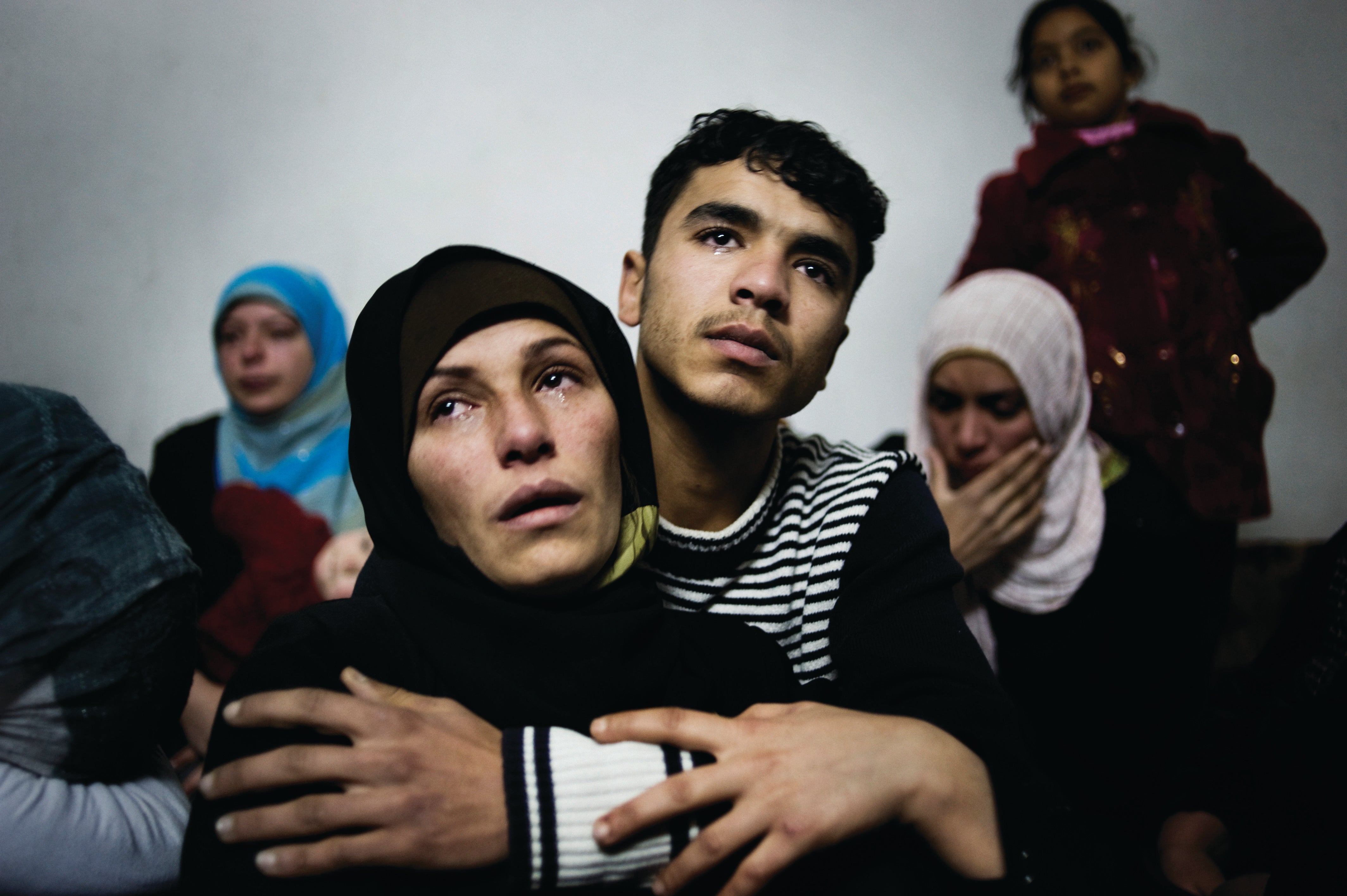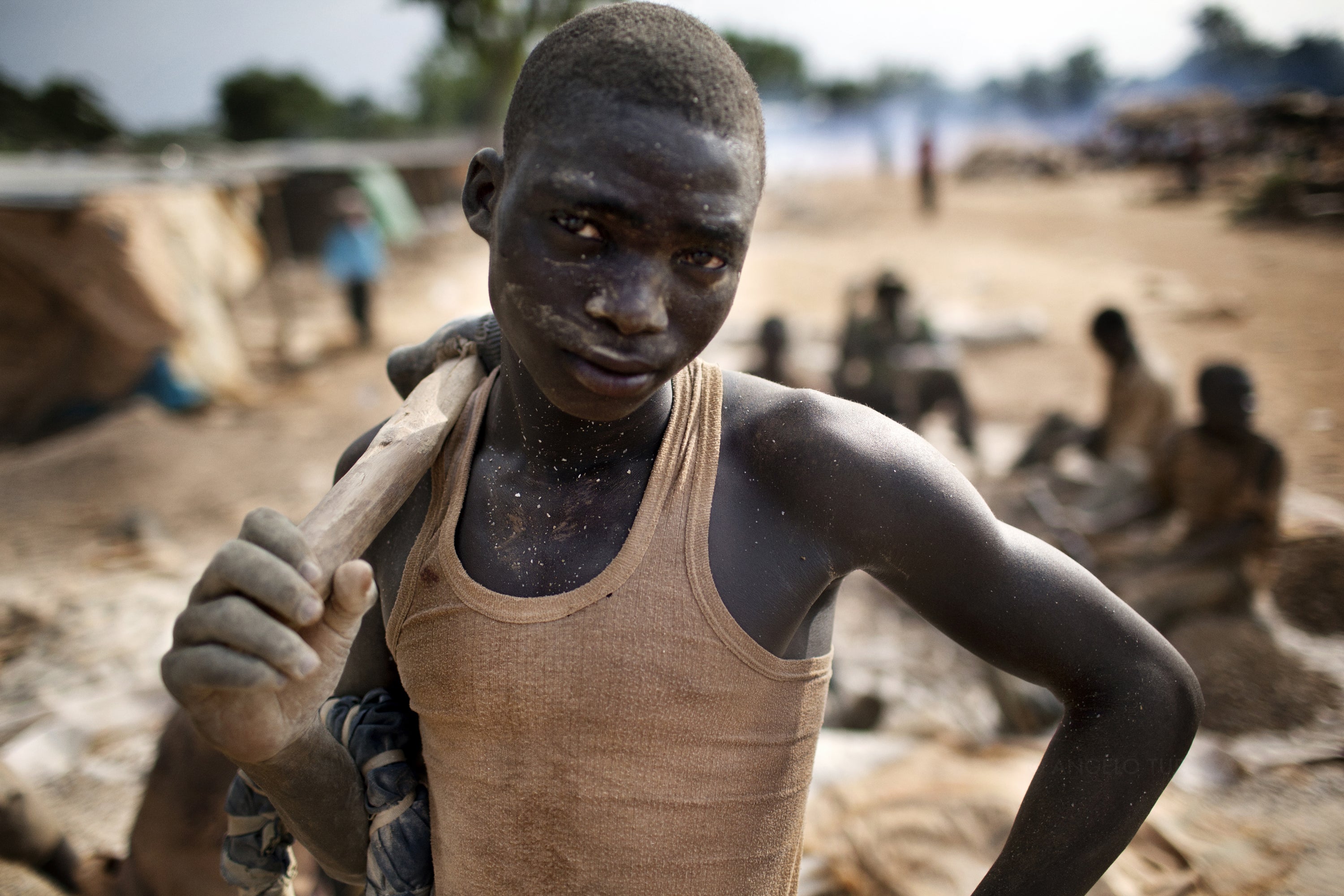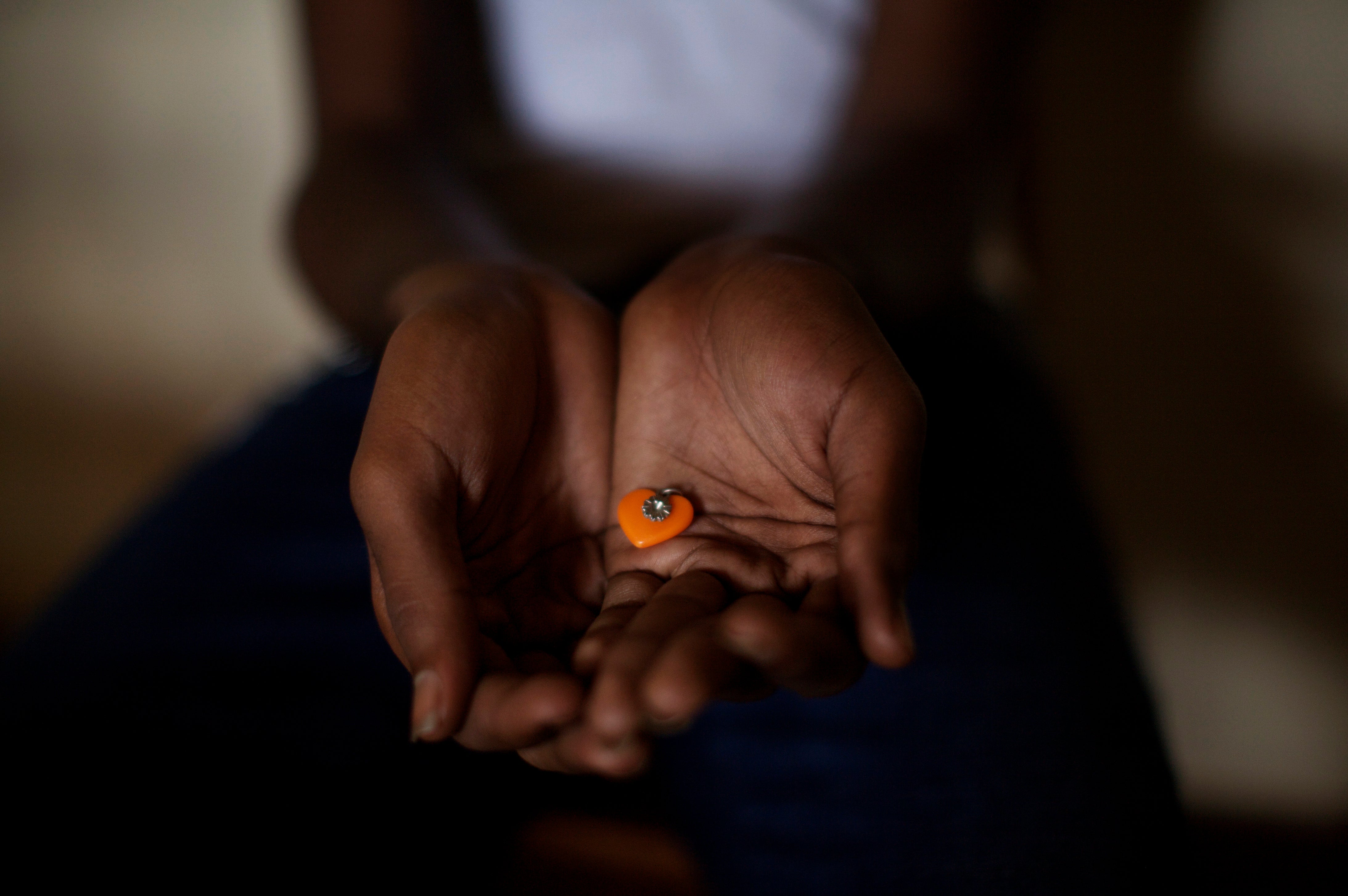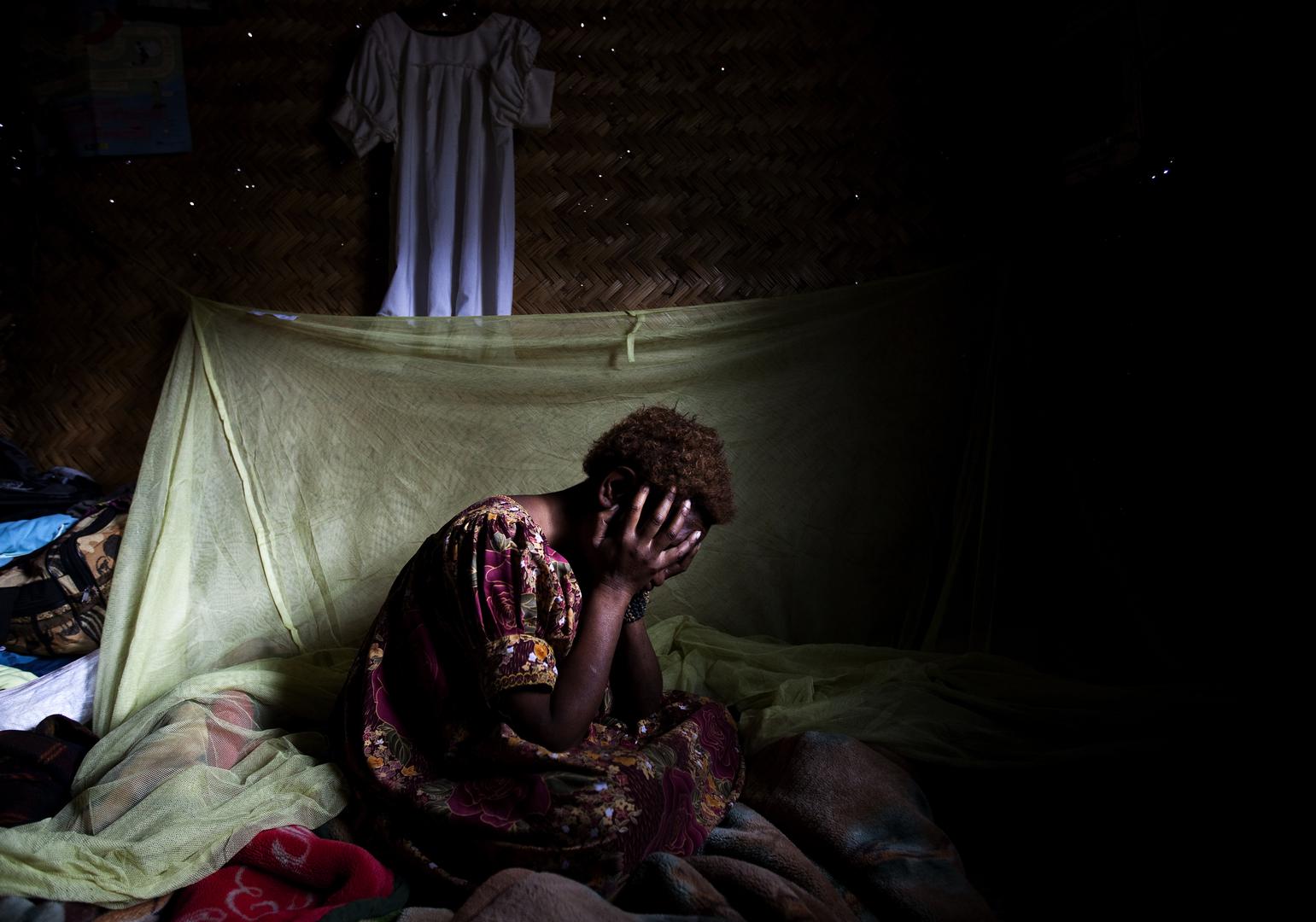Honduras made very limited progress in 2012 in addressing the serious human rights violations committed under the de facto government that took power after the 2009 military coup, despite efforts by the human rights unit in the attorney general’s office to investigate abuses, and the 2011 Truth and Reconciliation Commission report documenting those that occurred.
Violence and threats by unidentified perpetrators against journalists, human rights defenders, prosecutors, peasant activists, and transgender people remain serious problems. Perpetrators are rarely brought to justice.
On December 12, Honduras’s Congress voted to remove and replace four justices from the Constitutional Chamber of the Supreme Court in response to their ruling that a law aimed at combating corruption among police was unconstitutional, a move that jeopardized the independence of the judiciary.
Lack of Accountability for Post-Coup Abuses
Following the June 2009 military coup, the de facto government suspended key civil liberties, including freedom of the press and assembly. In the ensuing days, the military occupied opposition media outlets, temporarily shutting their transmissions. Police and military personnel responded to generally peaceful demonstrations with excessive force. This pattern of the disproportionate use of force led to several deaths, scores of injuries, and thousands of arbitrary detentions.
In July 2011, a truth commission, established by President Porfirio Lobo’s administration to investigate events before and after the coup, issued a report documenting 20 cases of excessive use of force and killings by state security forces. The commission also reported that police and army officials were responsible for “systematic obstruction” of investigations into these abuses.
As of October 2012, only one police officer had been held accountable for any of the serious abuses that occurred in the context of protests in support of the ousted president, Manuel Zelaya. In February 2012, a police officer was sentenced to eight years in prison for the illegal arrest and torture of a protester after a demonstration in San Pedro Sula in August 2009. Human rights prosecutors face obstacles conducting investigations, including limited collaboration by security forces, lack of sufficient resources, and an ineffective witness protection program.
Attacks on Journalists
Honduras has the region’s highest rate journalists killed per population, according to the United Nations special rapporteur on the promotion and protection of the right to freedom of opinion and expression. At least 20 journalists have died at the hands of unidentified attackers since 2009. In May 2012, for example, Alfredo Villatoro, a radio journalist, was abducted after having received death threats. His body was found less than a week later in the outskirts of Tegucigalpa, the capital. Impunity continues to be the norm in these cases.
Rural Violence
More than 60 people have been killed in the Bajo Aguán Valley since November 2009, when peasants occupied land being cultivated by large agricultural enterprises. Many victims were members of peasant associations who were allegedly gunned down by security guards working for the enterprises. Other victims included private security guards and law enforcement officials. According to the attorney general’s office, as of November 2012, four security guards were facing trial for the killing of five peasants in Trujillo, Colón department, in November 2010. Two police officers had been charged with attempted homicide and illegal arrest in connection with a public protest in Tocoa, Colón, in August 2010, when police opened fire on peasants to clear a road they were occupying. No one has yet been convicted for any of the Bajo Aguán crimes.
Violence against Transgender Persons
Bias-motivated attacks on transgender people are a serious problem in Honduras. According to local rights advocates, more than 70 members of the lesbian, gay, bisexual, and transgender (LGBT) population were killed between September 2008 and March 2012. The alleged involvement of members of the Honduran police in some of these violent abuses is of particular concern. Impunity for these cases has been the norm. In January 2011, the government established a special unit in the attorney general’s office in Tegucigalpa to investigate killings of transgender women, among other vulnerable groups. In January 2012, a similar unit was established in San Pedro Sula. As of November 2012, no one had been convicted for these crimes. According to an official in the attorney general’s office, suspects had been charged in 25 cases under investigation by the special prosecutorial teams.
Prison Conditions
Overcrowding and poor prison conditions, including inadequate nutrition and sanitation, are longstanding problems in Honduras. The country's 24 prisons, which have a capacity of 8,000, held 13,000 prisoners, according to local press accounts. In February 2012, more than 300 inmates were killed and dozens were injured during a fire in the Granja Prison in Comayagua. In May 2012, Congress passed legislation to reform the prison system. At this writing, President Lobo had not yet signed it into law.
Police Reform
In December 2011, Congress established an independent body, the Directorate for Investigation and Evaluation of the Police Career, to evaluate police performance and remove officers implicated in corruption and criminal activity, including human rights abuses. As of October 2012, the unit had referred only two police officers—including a former director of the police criminal investigation division—to the attorney general’s office for prosecution for their alleged involvement in the escape of four officers accused of the 2011 killing of two university students.
In June 2012, President Lobo established an independent commission consisting of three Honduran and two foreign experts to propose wide-ranging reforms of the police, the attorney general’s office, and the courts.
Judicial Independence
In May 2010,the Supreme Court arbitrarily fired four judges who had publicly opposed the coup on grounds that they had participated in politics, while taking no action against judges who had publicly supported the ouster of former President Zelaya. In 2011, Congress approved a constitutional reform creating the Council of the Judiciary and Judicial Career, an elected body responsible for appointing and removing judges. As of October 2012, however, legislators had yet to appoint the council's members.
Human Rights Defenders
Violence and threats against human rights defenders are serious problems in Honduras. For example, in September 2012, Antonio Trejo Cabrera, a lawyer who advocated for peasant land rights and publicly opposed the creation of special autonomous development zones, was shot several times and killed after attending a wedding south of Tegucigalpa. Trejo had received death threats on multiple occasions.
The ability of the Human Rights Unit of the attorney general's office to investigate these crimes is undermined by the alleged participation of members of the police, who have impeded and obstructed investigations. The unit's staff has also been subject to threats and violence. In September 2012, unidentified assailants shot and killed one of the unit’s prosecutors, Manuel Eduardo Díaz Mazariegos.
Key International Actors
The Inter-American Commission on Human Rights (IACHR) has played an active role in Honduras since the coup, producing press releases and comprehensive reports documenting abuses, including killings, threats, and attacks on journalists.
Since August 2010, the Office of the UN High Commissioner for Human Rights (OHCHR) has maintained a representative in Honduras to advise the government on human rights policies and support the work of local human rights defenders. In September 2012, the high commissioner urged the government to address the vulnerability of human rights defenders and journalists.
United States legislation granting military and police aid to Honduras states that 20 percent of the funds will only be available if the Honduran government meets human rights requirements, including implementing policies to protect freedom of expression and ensuring that abuses by police and military personnel are investigated and prosecuted by civilian authorities.
In August 2012, the US State Department issued a report stating that Honduras had met the requirements but nonetheless decided to withhold funds to police forces under the command of a police chief who is alleged to have been involved in past abuses. The US Congress has also put a hold on tens of millions of dollars of aid to Honduras in light of existing human rights concerns.




